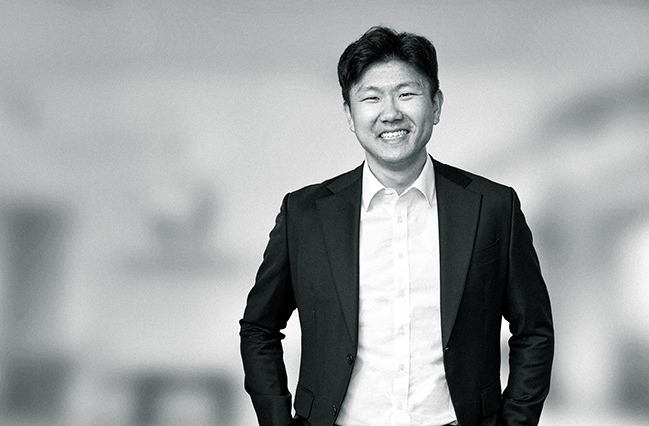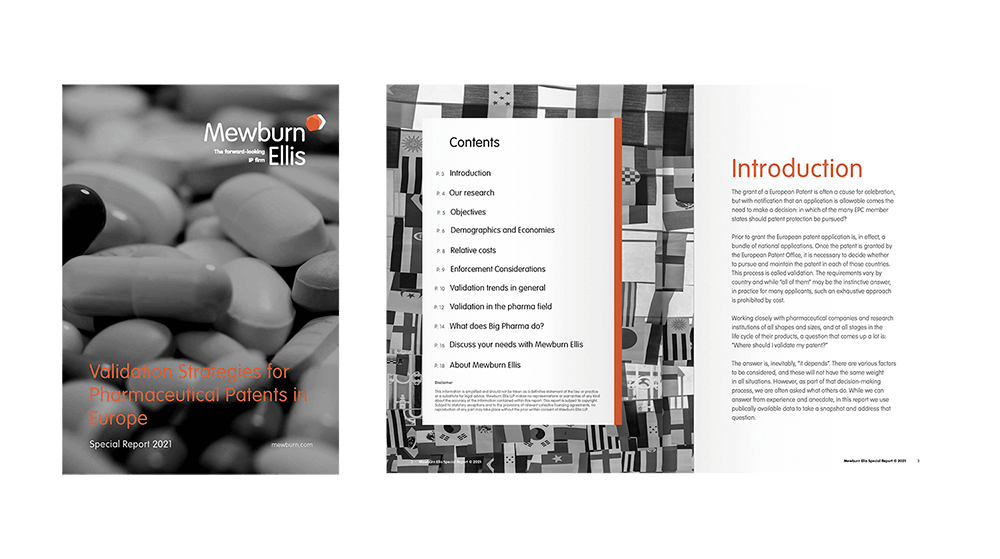We are delighted to be working with innovative companies and academic institutions in the exciting field of cell therapy. We leverage our huge depth of experience in the fields of monoclonal antibody technology, cellular biology, immunology and regenerative medicine to build robust, investable patent portfolios for our clients in this space. While applying our wealth of existing knowledge, we are also alive to the fact that new technologies require fresh thinking and an innovative approach to patent protection.
We understand the importance of considering the practicalities of the production and administration of the therapeutic agent(s) at the earliest possible stage, and work with closely with our clients to understand that fine details of the technology and develop an appropriate supporting global patent strategy. For example, in the field of adoptive cellular therapy, strategy for protecting an autologous cell therapy, in which the therapeutic ‘product’ to be administered is a personalised product derived from a patient’s own cells requires a different approach to protecting an allogeneic cell therapy (towards which the field is increasingly moving), which in some aspects is closer to a traditional ‘off-the-shelf’ product.
We have considerable experience in drafting and prosecuting patent applications relating to innovative cell therapies, including for novel CAR/TCR molecules, new platform approaches and innovations relating to the production, expansion and medical use of cell therapies. As earlier generation products continue to mature through clinical trials, we also help our clients to protect innovation throughout the product lifecycle, for example with patent applications related to personalised medicine or new dosage regimes. We also help our clients to navigate the dynamic and increasingly complex patent landscape in the field of cell therapy, strategising with them to minimize the risk presented by patents held by third parties.
Mewburn Ellis is very proud to be working with the entities operating right at the cutting edge of innovation in this exciting field, developing the new platform technologies, designing novel recombinant molecules (CARs, TCRs, etc.) and moving into new disease frontiers (solid cancers, autoimmune disease, viral disease), that will re-shape the therapeutic landscape for the years to come.























